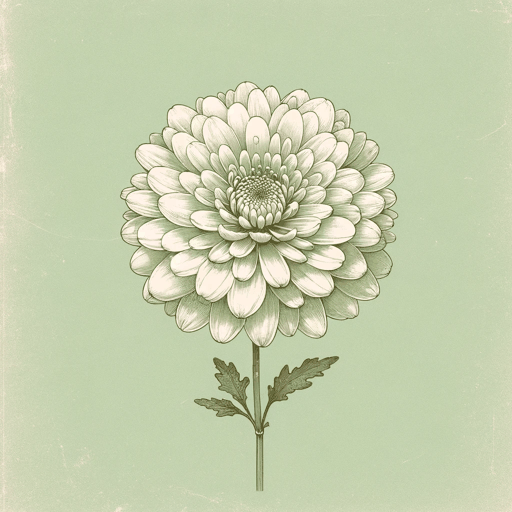53 pages • 1 hour read
John SteinbeckThe Chrysanthemums
Fiction | Short Story | Adult | Published in 1937A modern alternative to SparkNotes and CliffsNotes, SuperSummary offers high-quality Study Guides with detailed chapter summaries and analysis of major themes, characters, and more. For select classroom titles, we also provide Teaching Guides with discussion and quiz questions to prompt student engagement.
Summary and Study Guide
Summary: “The Chrysanthemums”
“The Chrysanthemums” is a short story by American author John Steinbeck, originally published in 1937 in Harper’s Magazine. It was later added to Steinbeck’s collection of short stories titled The Long Valley, which was published in 1938, and it was adapted into a short film by Steve Rossen in 1990.
The story opens with a description of a grey winter day in the Salinas Valley of California, where many of Steinbeck’s writings are set. After describing the farmland that makes up the valley and the cold air, the story zooms into Henry Allen’s ranch, where the protagonist, his wife Elisa Allen, is working in her flower garden. She is wearing heavy boots, a man’s hat, leather gloves, and a thick apron over her dress. She is cutting down last year’s chrysanthemum stalks while her husband talks to two businessmen by the tractor shed.
When the businessmen leave, Henry approaches Elisa and compliments her ability to grow flowers, saying that he wishes she would use her green thumb in the orchards. Elisa likes this suggestion and is eager to help, but Henry doesn’t pursue it further. Instead, he suggests a dinner in Salinas to celebrate the two businessmen buying his steers. He jokingly suggests going to see the prize fights, but Elisa says no, and he suggests seeing a movie instead. Elisa agrees, and Henry leaves her to her planting while he and his farmhand gather the steers.
Elisa energetically trims the chrysanthemum stalks and arranges them in orderly piles. Before long, she hears wheels and turns to see a wagon approaching. The side of the wagon reads, “Pots, pans, knives, sisors, lawn mores, Fixed” (3). The man in the wagon stops near Elisa and the two exchange witty remarks about the man’s dog. He asks for directions to the Los Angeles highway. Elisa advises him to go back the way he came to ensure that his horses don’t have to pull through the sand around the river.
The man is large with calloused hands and dark eyes. He tells Elisa that traveling takes up all his time, and Elisa says she thinks that would be a nice way to live. The man then offers to repair pots or sharpen knives or scissors for Elisa. She replies that she has no work for him. The man presses on, talking about how skilled he is with sharpening scissors and mending pots and pans. Elisa is irritated and reiterates that she has no work for him.
The man then changes his tune and compliments Elisa’s garden, recognizing the chrysanthemums and commenting on their “nasty” smell. When Elisa argues that the smell is nice, he agrees and says he likes it. He then tells Elisa about a woman who asked him to bring her chrysanthemum seeds should he find any. Elisa immediately perks up and begins talking about her flowers, telling the man how best to plant and care for them. During the conversation, she takes off her hat and lets her hair loose. She invites the man into her garden and begins digging through the soil. While describing how she feels when working with the chrysanthemums, Elisa becomes passionate and nearly reaches out to touch the man’s leg but stops herself. Embarrassed, she hands the man chrysanthemum stalks and finds him two pots to mend.
While the man is mending the pots, Elisa watches him closely, asks him about life on the road, and repeats how nice it must be. The man replies that it’s no life for a woman. Elisa doesn’t like this response and argues that women are as capable as men. The man replies that traveling is too lonely and scary for a woman, then changes the subject. When the man finishes his mending, Elisa pays him and reminds him to keep the sand around the chrysanthemum stalks damp. He drives away, and she watches him with half-closed eyes.
After a moment, she shakes herself and walks into the house to bathe before dinner. She scrubs her body in the shower until it is red, and then examines her body in the mirror. She dresses slowly, taking great care with the clothes and makeup she puts on. Henry comes in from his work to bathe while Elisa sets his suit out on the bed. She then waits for him on the porch.
When Henry sees Elisa, he tells her she looks nice. She questions what he means by “nice,” and he says that she looks strong and happy. She agrees that she is strong, stronger than she knew, and questions what he means by strong. Henry is confused by her questioning and thinks she’s playing a game with him but reiterates that she looks happy and strong. Elisa’s mood changes rapidly and Henry leaves her to get the car. Elisa takes a long time putting on her hat and coat, watching herself in the mirror before joining Henry in the car.
On the drive into Salinas, Elisa sees the chrysanthemum stalks she gave the Tinker lying in the road where he dumped them. He kept the flowerpot she had given him. Ahead, she sees the man’s wagon and intentionally turns toward her husband to avoid looking at it.
She begins talking loudly to her husband about their dinner, asking if they can have wine. She then asks if the men in the prize fights hurt each other, mentioning how she’s read how bloody the fighters get. She then asks if women ever attend the fight. Henry is surprised and offers to bring Elisa to the fights, though he doesn’t think she’d like it. She turns away from him and says no; she’ll be happy enough if they have wine at dinner. The story closes with Elisa turning up her collar so Henry cannot see that she is crying “like an old woman” (11).
Related Titles
By John Steinbeck
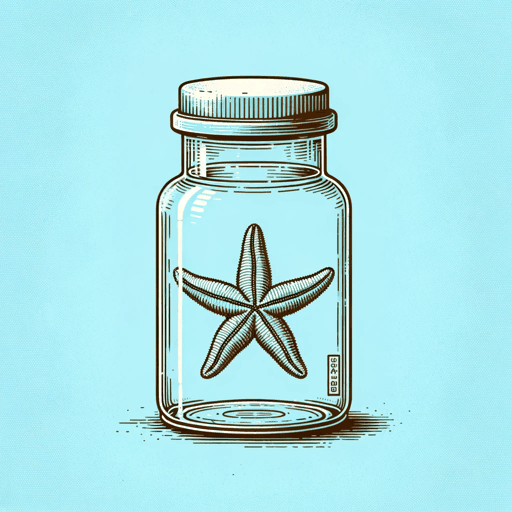
Cannery Row
John Steinbeck
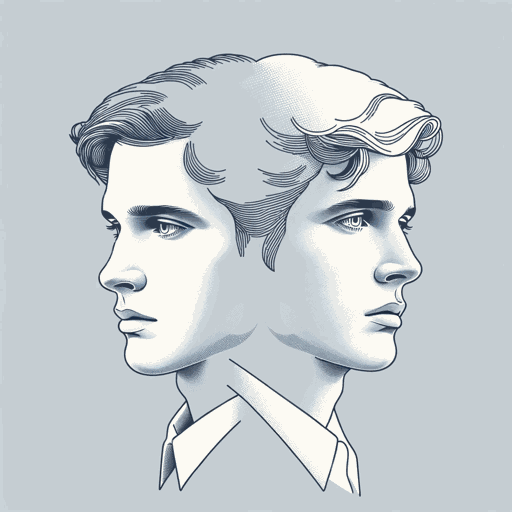
East of Eden
John Steinbeck

Flight
John Steinbeck

In Dubious Battle
John Steinbeck
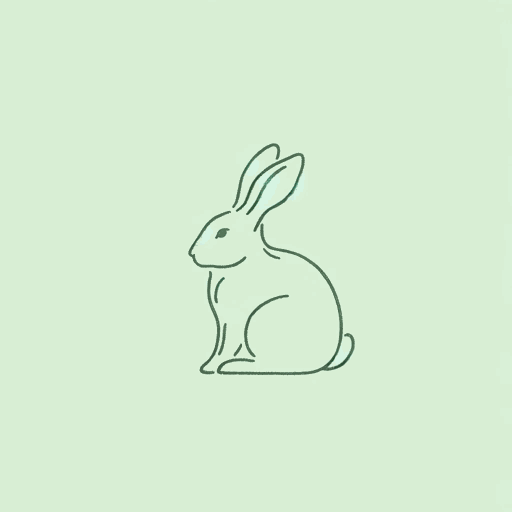
Of Mice and Men
John Steinbeck

Sweet Thursday
John Steinbeck
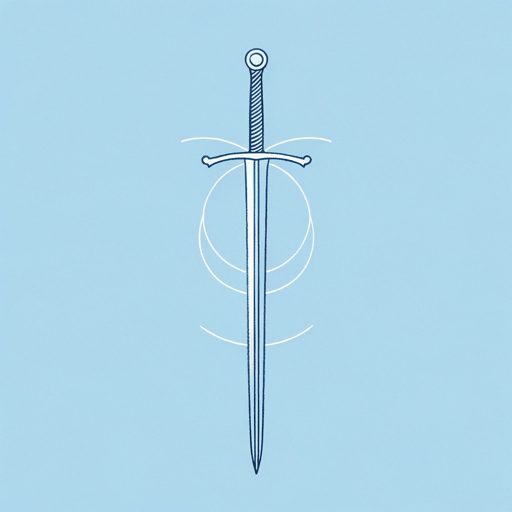
The Acts of King Arthur and His Noble Knights
John Steinbeck

The Grapes of Wrath
John Steinbeck
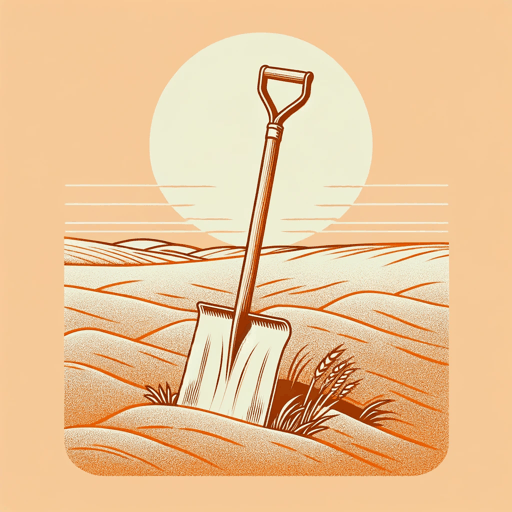
The Harvest Gypsies: On the Road to the Grapes of Wrath
John Steinbeck

The Log From The Sea of Cortez
John Steinbeck

The Long Valley
John Steinbeck
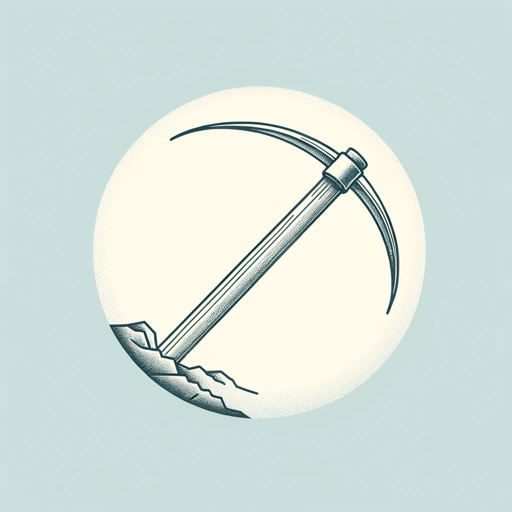
The Moon Is Down
John Steinbeck
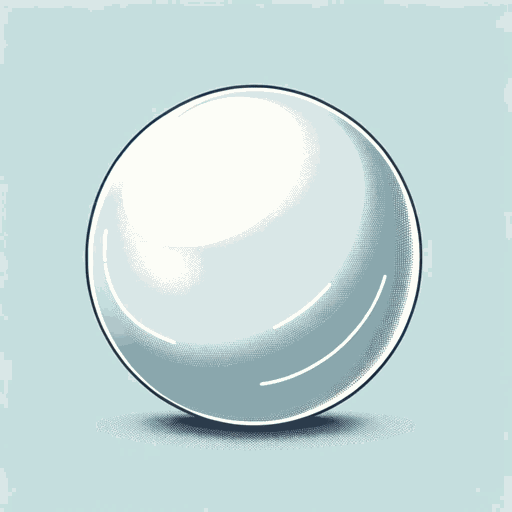
The Pearl
John Steinbeck
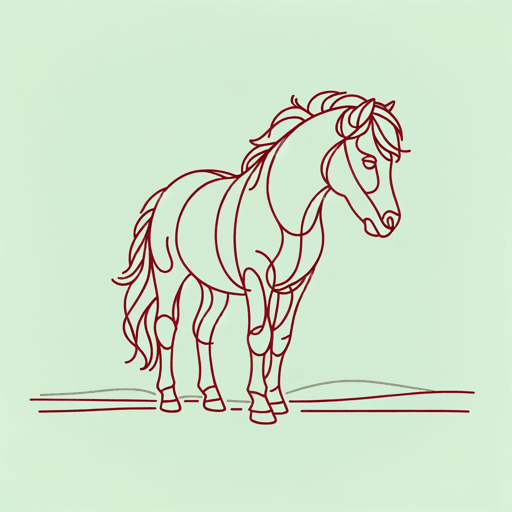
The Red Pony
John Steinbeck

The Wayward Bus
John Steinbeck
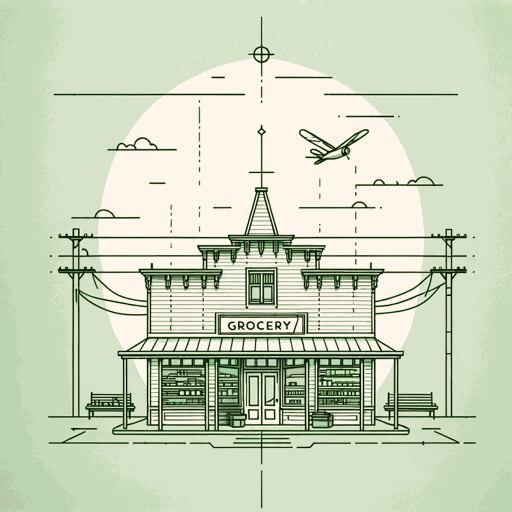
The Winter Of Our Discontent
John Steinbeck

To a God Unknown
John Steinbeck

Tortilla Flat
John Steinbeck
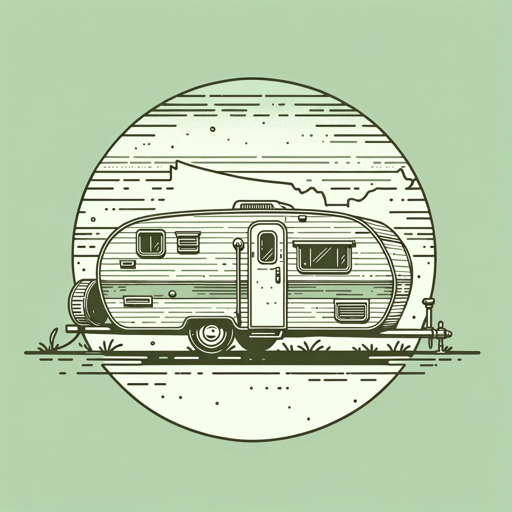
Travels With Charley
John Steinbeck
